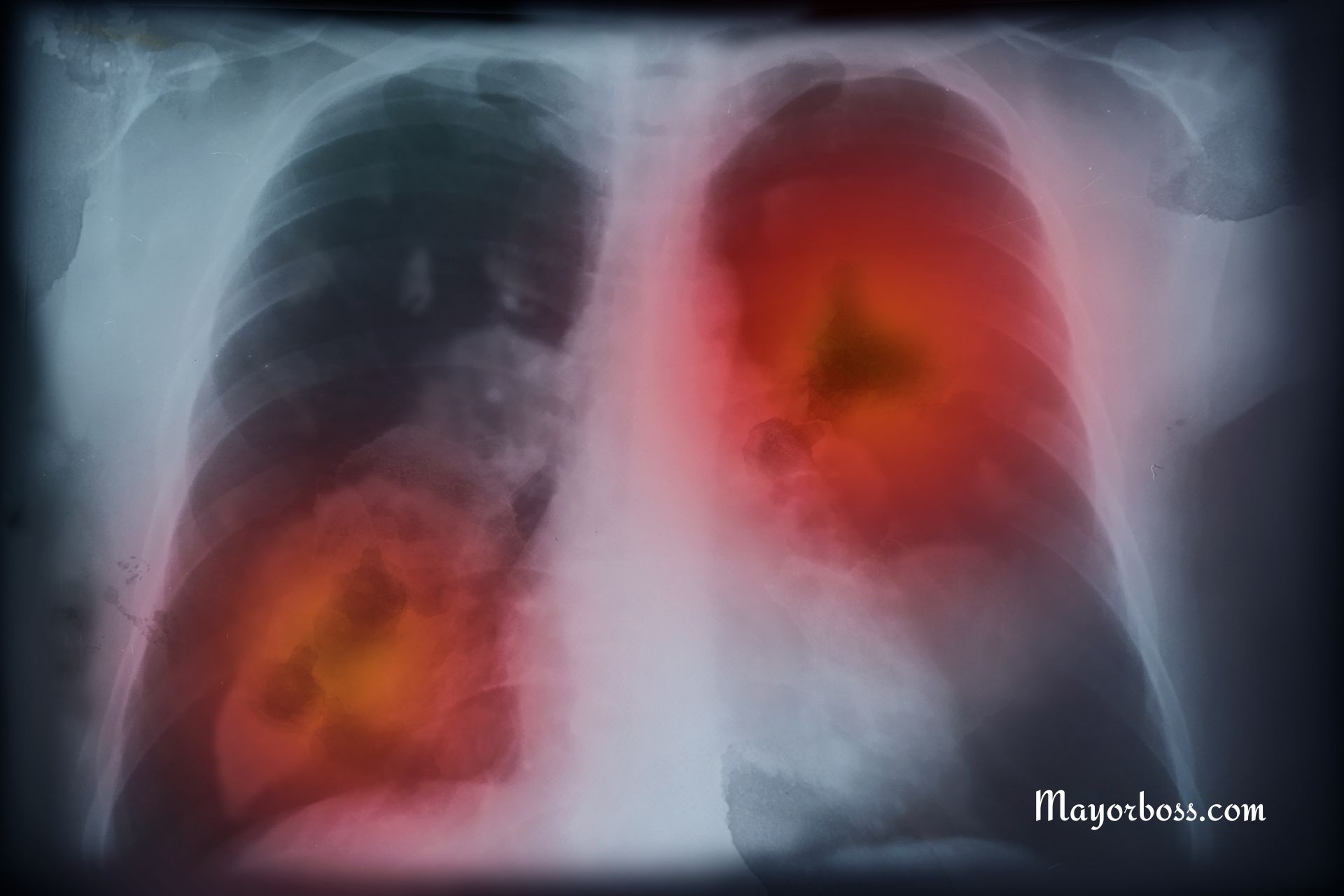5 Symptoms of Mesothelioma That You Shouldn’t Ignore
When we feel unwell, it’s natural to attribute our symptoms to common, non-threatening conditions. After all, a persistent cough could signal a cold, just as chest pain might result from indigestion. However, some symptoms could be signs of a more serious condition like mesothelioma, a rare and aggressive form of cancer that primarily affects the lining of your lungs, heart, and abdomen.
Dr. Anita Iroko, a general practitioner, emphasizes the importance of paying attention to our bodies. She says, “Understanding the early symptoms of mesothelioma is crucial, especially for those who have had prolonged exposure to asbestos, the main cause of this condition.”
Let’s examine the five symptoms of mesothelioma that Dr. Iroko advises you should not ignore.
What Are the Common Symptoms of Mesothelioma?
The symptoms of mesothelioma can often be mistaken for less serious conditions. However, if you’ve had exposure to asbestos and experience the following symptoms, you should seek medical advice promptly.
Persistent Cough or Shortness of Breath
One of the primary symptoms of pleural mesothelioma (which affects the lungs) is a persistent cough or shortness of breath. If you’ve noticed a change in your respiratory health that doesn’t seem related to a common cold or allergy, you should bring it up with your doctor.
Chest or Abdominal Pain
Chest pain can be a symptom of pleural mesothelioma, while abdominal pain can signal peritoneal mesothelioma (affecting the abdomen). These symptoms can often be misinterpreted as signs of more common conditions like heartburn or stomach aches. If these pains persist or worsen, it’s time to talk to your doctor.
Unexplained Weight Loss
Rapid, unexplained weight loss can be a sign of various cancers, including mesothelioma. If you’re losing weight without trying and have no obvious reason, such as changes in diet or exercise, you should notify your doctor.
Fatigue
While fatigue is a common symptom of many health issues, if it’s coupled with other symptoms and you have a history of asbestos exposure, it could be a sign of mesothelioma. It’s important to pay attention to excessive tiredness or weakness that isn’t alleviated by rest.
Difficulty Swallowing or Hoarseness
Difficulty swallowing or hoarseness can be symptoms of pleural mesothelioma. If you’re finding it hard to swallow or your voice has changed without a clear reason, like a cold, it’s worth mentioning this to your doctor.
Is it Mesothelioma or Something Else?
These symptoms can be caused by various conditions, many of which are much less serious than mesothelioma. However, if they persist or worsen, it’s essential to seek medical advice. “It’s important to remember that early detection can increase the range of treatment options available and improve the overall prognosis,” says Dr. Iroko.
Regular Health Check-ups
Regular health check-ups are crucial for catching any potential issues early. This is particularly important for people with a history of asbestos exposure. Regular check-ups allow your doctor to monitor your health closely and to take note of any concerning changes.
When to See Your Doctor
If you experience any of these symptoms, especially if you have a history of asbestos exposure, it’s important to consult with your doctor as soon as possible. Though these signs can be associated with less serious conditions, they shouldn’t be ignored.
Your doctor can order appropriate tests such as chest X-rays, CT scans, or biopsies to determine the cause of your symptoms. As Dr. Iroko advises, “Never hesitate to seek professional advice if you’re worried about any persistent symptoms. It’s our job to ensure your health is our top priority.”






